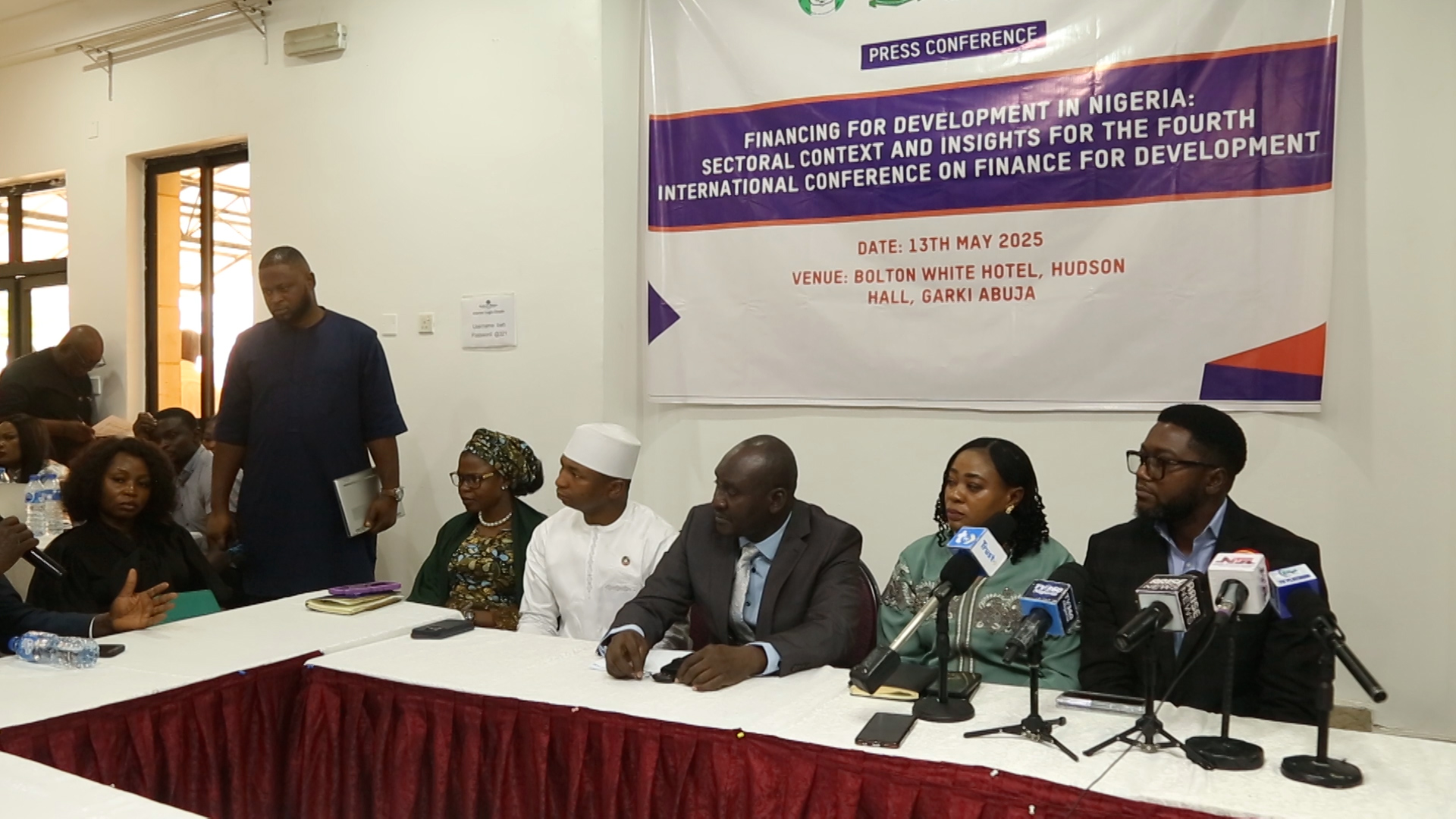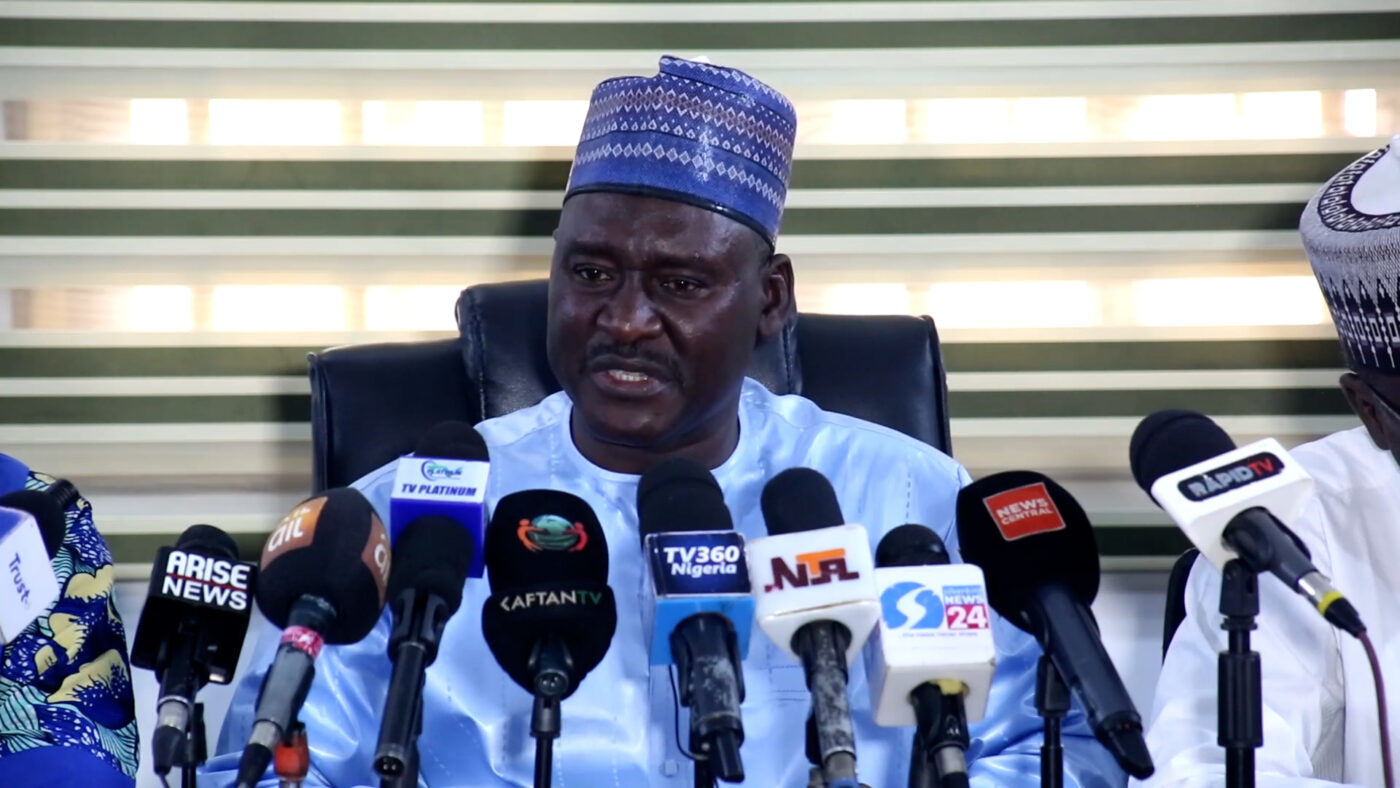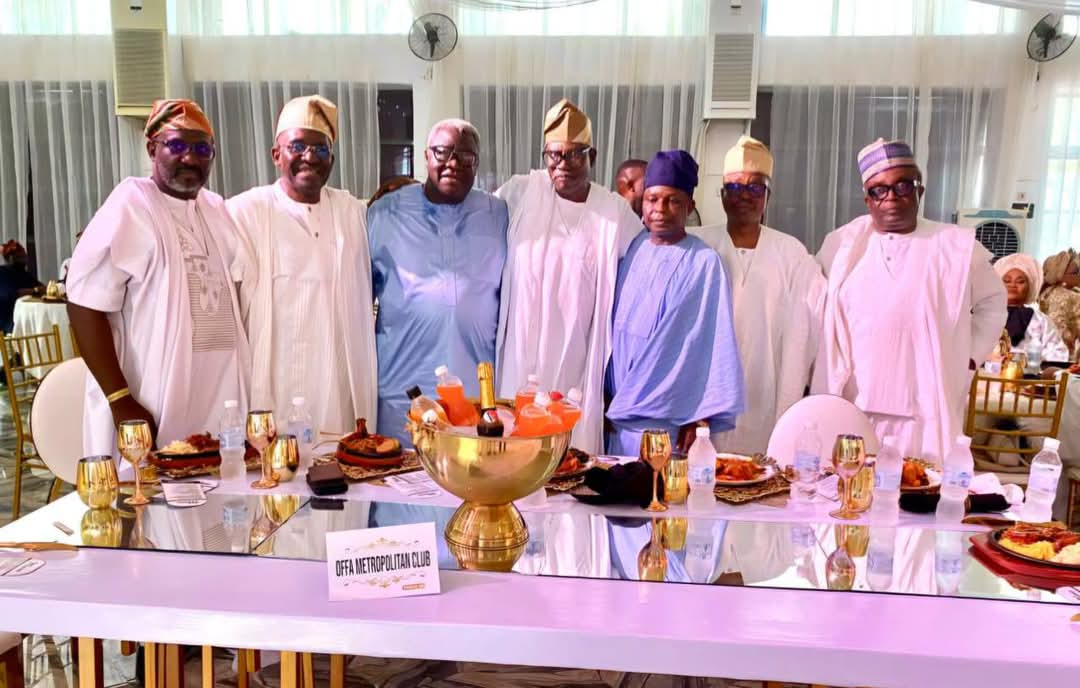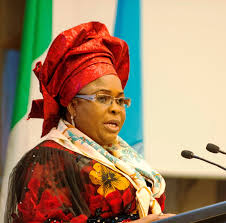Nigeria is pushing for urgent reforms in international tax rules, equitable climate finance, and concessional lending structures, as part of a broader call for a fairer global financial system. The country is also advocating for stronger access to loss and damage funding, green investment opportunities, and adjustments to Special Drawing Rights (SDRs) to better support middle-income countries with significant poverty levels.
These demands were part of a communiqué issued at a high-level Stakeholder Consultation Meeting organized by the Civil Society Legislative Advocacy Centre (CISLAC) in partnership with Oxfam. The consultation was held in preparation for the 2025 Financing for Development (FfD4) Summit, scheduled for June 3 in Seville, Spain, under the auspices of the United Nations Department of Economic and Social Affairs (UNDESA).

Executive Director CISLAC Auwal Musa Rafsanjani read the following recommendations
Campaign for digital tax administration systems and information for fair taxes
We must remove non-tariff barriers, simplify cross-border trade processes, and upgrade our industrial capacity to ensure that trade becomes a key driver of development and revenue generation. Industrialization must become the heart of our economic transformation agenda.
Launch public campaigns and legal action on illicit financial flows (IFFs) and asset recovery
Create State-level CSO consortium to co-lead financing for development dialogue
Support campaign for budget tagging for climate finance and SDG financing
Support the creation of a Development Finance Facility to de-risk PPP in infrastructure and social sectors
Champion climate justice financing at global forums (Loss and Damage, Adaptation access grants)
Support institutionalization of peer learning platforms for innovative sub-national resource mobilization strategies for financing for development”
The report from the meeting stresses that without a more just and inclusive global financial architecture, sustainable local development will remain unattainable for many nations. It highlights the urgency of aligning financing mechanisms with the aspirations of Agenda 2063 of the African Union, the ECOWAS Vision 2050, and the United Nations Sustainable Development Goals (SDGs).
Nigeria is also calling for:
- Greater civil society involvement in global finance negotiations,
- Reforms in subnational public finance systems,
- Adoption of innovative financing tools such as debt-for-development swaps, green bonds, and results-based financing mechanisms.

The consultation underscored the need for a global shift that empowers developing nations with the resources and autonomy to drive inclusive, climate-resilient development.




